Over 150 guests attended the Food Integrity Campaign’s 10th-anniversary conference at the American University Washington College of Law. If you weren’t able to attend, here’s a list of some of our takeaway messages, followed by some photos from the event.
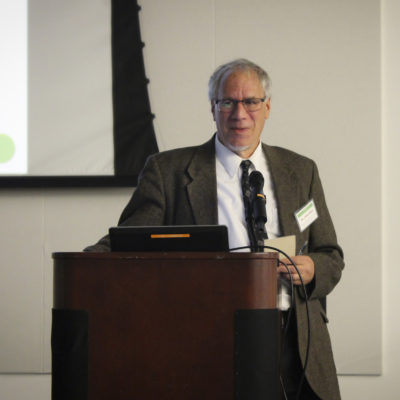 Veterinarian turned animal welfare whistleblower and FIC client, Dr. James Keen, opened the conference as our keynote speaker. Keen noted that many studies designed to make food animals grow faster,beyond being inhumane, were in fact “predictable fails” and expressed concerns about scientific integrity. While presenting slides depicting failed government animal experiments, Dr. Keen shared a note on his personal growth from being a part of the system to becoming an advocate for change. Dr. Keen also expressed his extraordinary gratitude for organizations such as Government Accountability Project and its FIC program.
Veterinarian turned animal welfare whistleblower and FIC client, Dr. James Keen, opened the conference as our keynote speaker. Keen noted that many studies designed to make food animals grow faster,beyond being inhumane, were in fact “predictable fails” and expressed concerns about scientific integrity. While presenting slides depicting failed government animal experiments, Dr. Keen shared a note on his personal growth from being a part of the system to becoming an advocate for change. Dr. Keen also expressed his extraordinary gratitude for organizations such as Government Accountability Project and its FIC program.
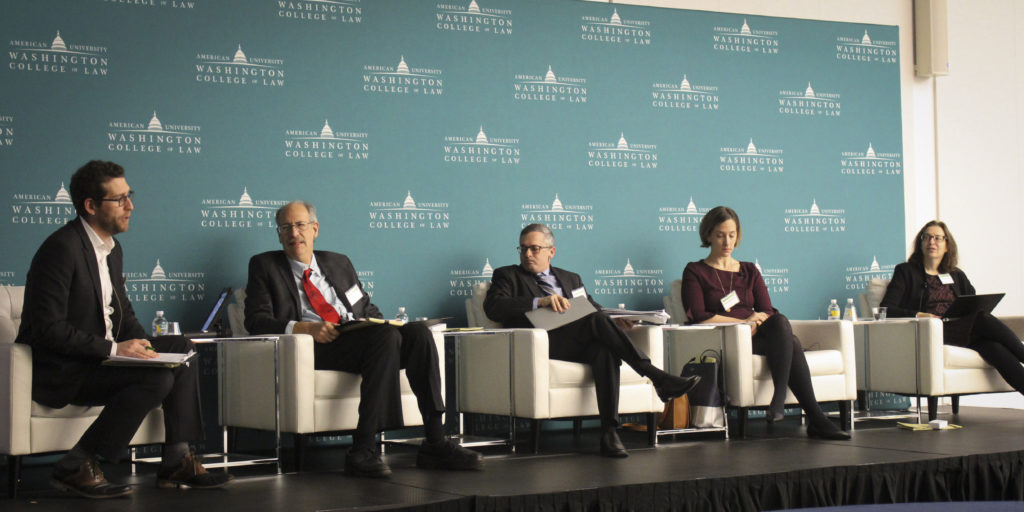
Dr. Keen’s harrowing tale of retaliation for his whistleblower disclosure set the stage for the first panel, “Overcoming Legal Barriers to Truth-Telling.” The panel featured litigation experts who venerated whistleblowers and their special ability to protect the integrity of our food system. Public Citizen’s Paul Levy noted that seeking legal advice early offers the best chance to protect whistleblowers from retaliation and allow their voices to be heard.
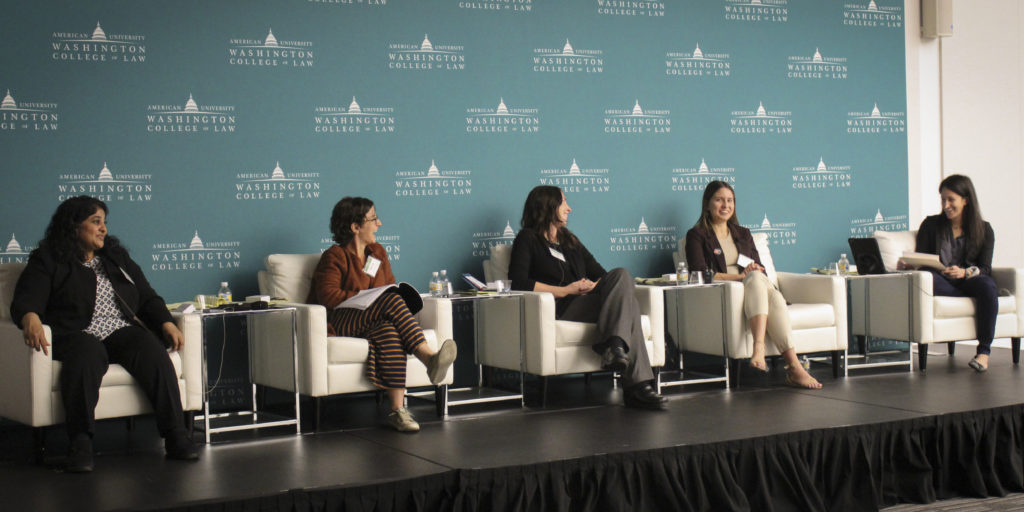
In “Food and Climate Change,” panelists explored the importance of shifting individual dietary choices, as well as pressing companies and legislators to make changes. FIC researcher Anna Levy emphasized the need for “meaningful trade reforms” on an international level, while moderator Daniel Vogel reminded attendees that what they buy at grocery stores impacts our environment in profound ways. Lisa Archer of Friends of the Earth noted that we have “to do both.” If you are interested in learning more about the link between climate change and food, please consider reading Jonathan Safran Foer’s book, We Are the Weather, which illustrates the power of personal responsibility regarding food choices and mitigating climate change. Special thanks to EJF Philanthropies for graciously providing a free copy of the We Are the Weather book to every FIC 10 attendee!
Luncheon Keynote speaker Erica Meier of Compassion Over Killing noted that the diversity across the conference and the power of “elevating our collective voice” bring about meaningful change in the food system. She urged us to keep fighting for “truth, justice, and compassion for all.”
Abraham Lincoln famously said, “To sin by silence when we should protest, makes cowards of men.” Indeed, if we are to create a more just and equitable food system, we must give voice to suffering. This means taking a good hard look at the unsavory aspects of our food system.
The following FIC10 panels did just that:
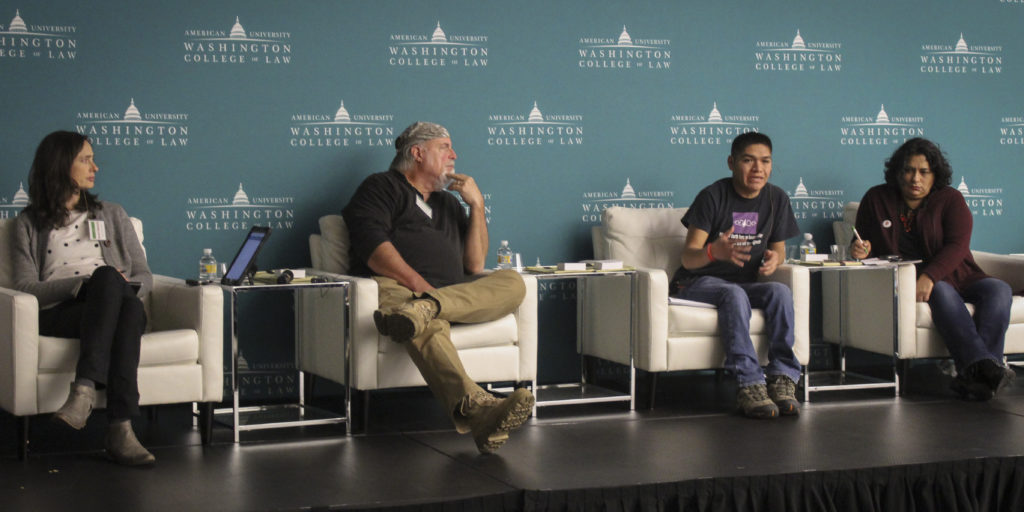
On the “Underrepresented Truth” panel, former dairy farmworker Crispin Hernandez described his immigration to the U.S. and how he became a low-wage worker. Due to a lack of training and access to proper medical attention, he suffered lifetime injuries while working in industrial animal agriculture. His story is one few consumers hear. Fellow panelist, Crystal Coast Waterkeeper Larry Baldwin, likewise shared his stories of underrepresented truth. He discussed his work advocating for environmental justice in NC. In NC, community organizers shed light on how industrial hog waste from CAFO’s destroy surrounding communities. Thankfully, both Hernandez and Baldwin also relayed how successful litigation has advanced their causes.
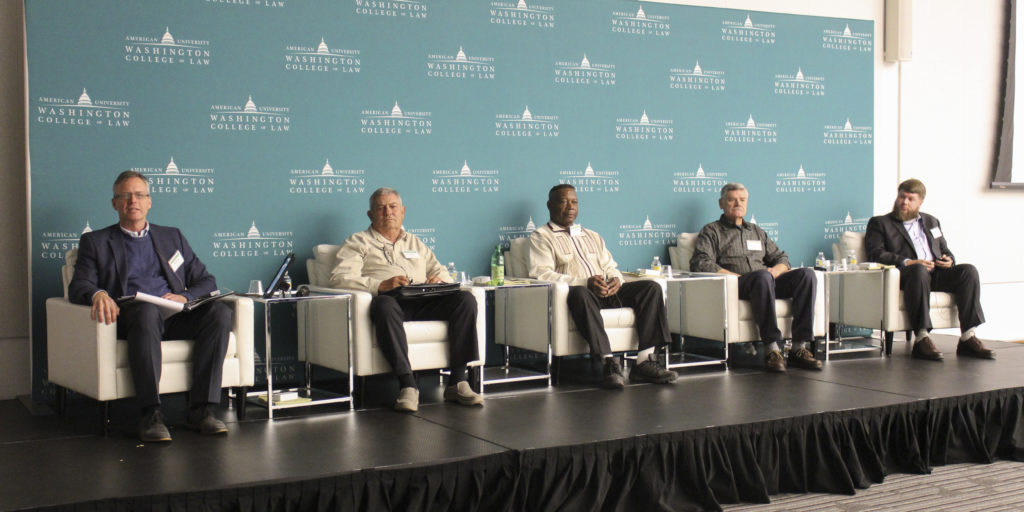
Contract growers (a.k.a. industrial poultry farmers) and their advocates spoke out on the panel titled “Growing Resistance.” They described just how far the poultry industry will go to keep farmers silent about unfair practices. Contract poultry begins with the promise of a better future, commences with exploitative lending, fails to meet even moderate expectations of fairness, remains unchecked through the use of corporate bullying and the threat of retaliation, and culminates in the decimation of rural communities. “Farmers are paying the price for corporate efficiency,” concluded Tyler Whitley of Rural Advancement Foundation International.
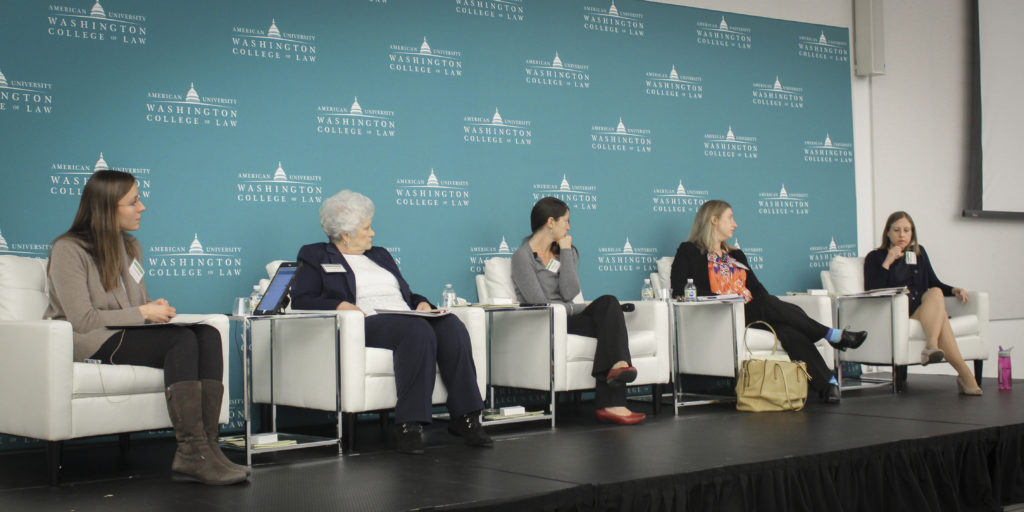
The last panel, “Fast Food” emphasized how the so-called efficiency of USDA’s increased line speeds at pork and poultry plants comes at a cost to workers, animals, and the consumer. Former USDA meat inspector Phyllis McKelvey declared, “There’s no way any human being or machine can catch everything” at the new line speeds. FIC adds to Phyllis’ comment and suggests that not only are these speeds not humanly possible, they are not humanely possible either.
Thanks to all who attended and help make this conference possible. Stay tuned for videos, coming soon.